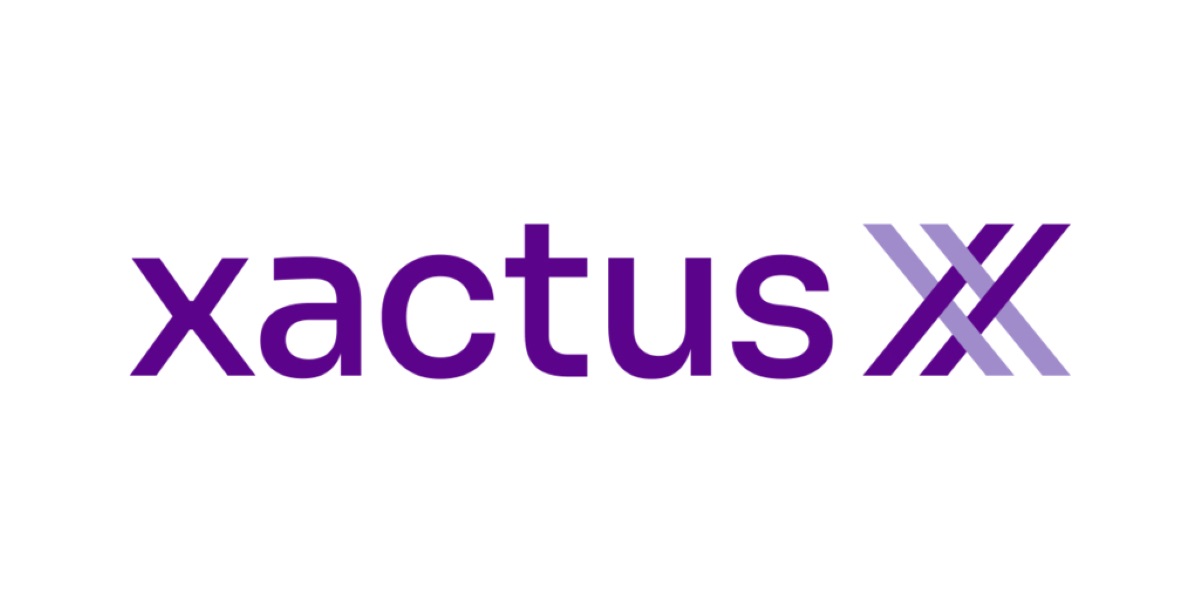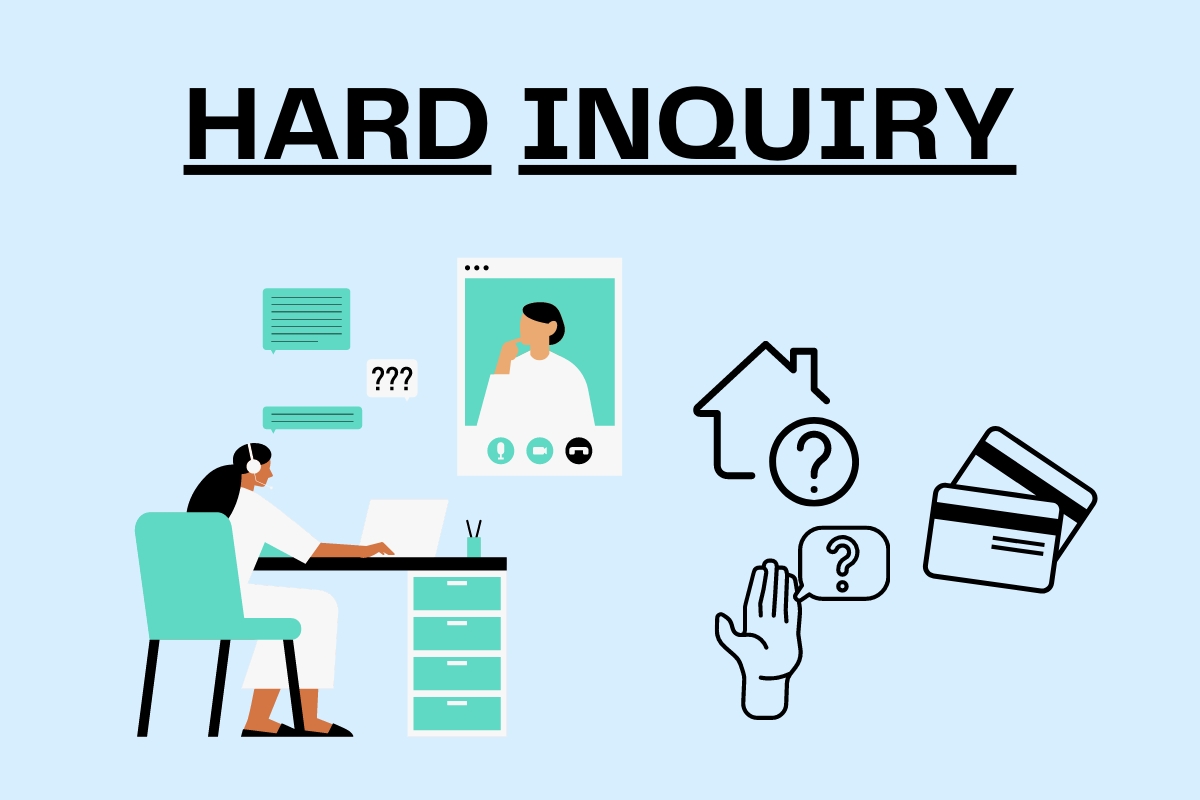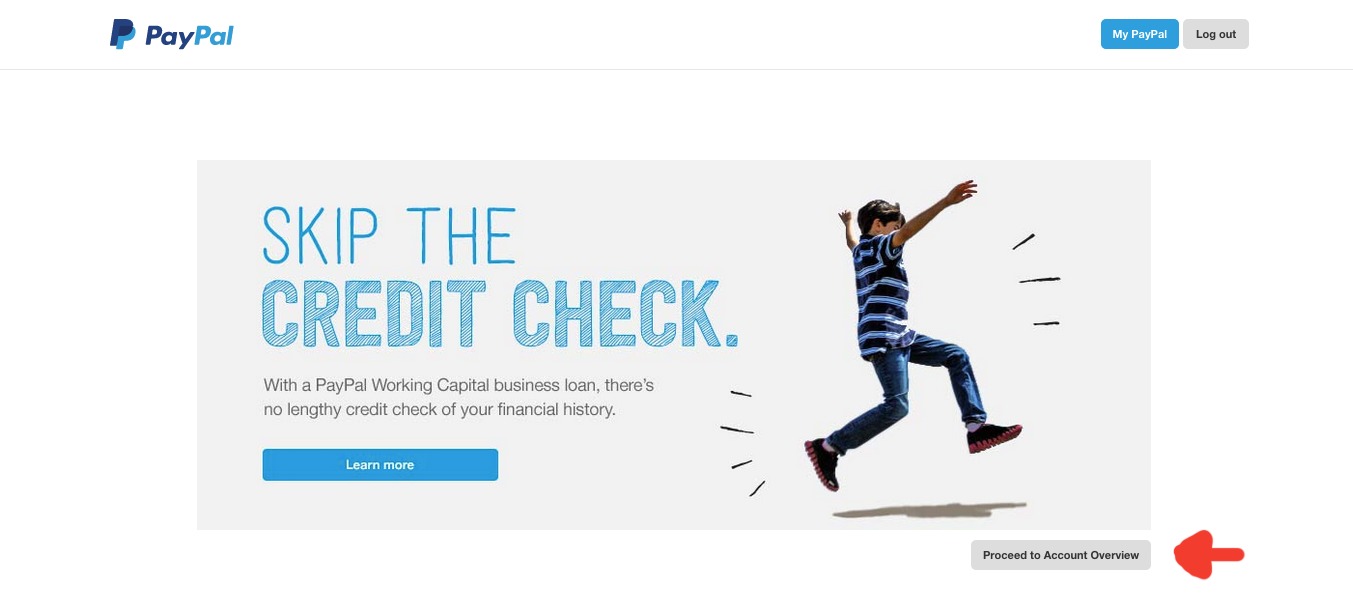Home>Finance>What To Do If There Is An Unauthorized Credit Inquiry


Finance
What To Do If There Is An Unauthorized Credit Inquiry
Published: March 4, 2024
Learn how to handle unauthorized credit inquiries and protect your finances with our expert advice and tips. Take control of your financial security today.
(Many of the links in this article redirect to a specific reviewed product. Your purchase of these products through affiliate links helps to generate commission for LiveWell, at no extra cost. Learn more)
Table of Contents
**
Introduction
**
When it comes to managing your finances, maintaining a healthy credit report is essential. Your credit report is a reflection of your financial history and behavior, and it plays a crucial role in determining your creditworthiness. One important aspect of your credit report is the list of credit inquiries, which indicates when a company or individual has accessed your credit information. While some credit inquiries are legitimate, unauthorized credit inquiries can be a cause for concern.
Unauthorized credit inquiries occur when a third party accesses your credit report without your permission. This can happen for various reasons, such as identity theft, credit card fraud, or even a simple administrative error. Regardless of the cause, discovering an unauthorized credit inquiry on your report can be alarming. It’s important to understand the implications of unauthorized credit inquiries and the steps you can take to address them effectively.
In this article, we will delve into the intricacies of unauthorized credit inquiries, providing you with valuable insights into the necessary actions to take if you discover one on your credit report. By understanding the potential impact of unauthorized inquiries and being equipped with the knowledge to address them, you can safeguard your financial well-being and maintain a strong credit standing.
**
Understanding Unauthorized Credit Inquiries
**
Unauthorized credit inquiries can have significant implications for your financial health. When a lender or creditor checks your credit report without your authorization, it can signal potential fraudulent activity or unauthorized access to your personal information. These inquiries may appear as hard inquiries on your credit report, indicating that a potential lender has reviewed your credit history as part of a credit application. Unlike soft inquiries, which occur when you check your own credit report or when a company performs a background check, hard inquiries can impact your credit score.
It’s crucial to differentiate between authorized and unauthorized credit inquiries. Authorized inquiries typically occur when you apply for credit, such as a loan or a credit card. In such cases, you provide consent for the lender to review your credit report as part of the application process. On the other hand, unauthorized inquiries occur without your knowledge or consent, raising concerns about potential identity theft or fraudulent activity.
Unauthorized credit inquiries can be a red flag for identity theft, a serious crime that can have far-reaching consequences for your financial well-being. If someone has accessed your credit report without permission, it’s essential to take immediate action to mitigate the potential impact on your credit standing and overall financial security.
Understanding the nature of unauthorized credit inquiries and their implications is the first step toward protecting yourself from potential financial harm. By recognizing the significance of these inquiries and their potential connection to identity theft or fraud, you can empower yourself to take proactive measures to address any unauthorized access to your credit report.
**
Steps to Take if You Discover an Unauthorized Credit Inquiry
**
Discovering an unauthorized credit inquiry on your credit report can be unsettling, but it’s important to approach the situation with a clear plan of action. Taking prompt and decisive steps can help mitigate the potential impact of the unauthorized inquiry and safeguard your financial well-being. Here are the essential steps to take if you discover an unauthorized credit inquiry:
1. Review Your Credit Report
The first step is to obtain a copy of your credit report from all three major credit bureaus – Equifax, Experian, and TransUnion. Carefully review each report to identify any unauthorized inquiries. By scrutinizing your credit reports, you can gain a comprehensive understanding of the extent of the unauthorized access and take appropriate measures to address it.
2. Identify the Source
Try to determine the source of the unauthorized inquiry. If you recognize the name of the company or institution that made the inquiry, it can provide valuable information for addressing the issue. Additionally, consider any recent interactions with potential creditors or lenders that may have led to the unauthorized access to your credit report.
3. Contact the Creditor
If you identify the source of the unauthorized inquiry, reach out to the creditor or institution that accessed your credit report without authorization. Clearly explain the situation and request an explanation for the unauthorized inquiry. In some cases, the creditor may have made an administrative error or inadvertently accessed your credit report without proper authorization.
4. File a Dispute
If you are unable to resolve the issue directly with the creditor, consider filing a formal dispute with the credit bureaus. You can initiate a dispute online or by mail, providing detailed information about the unauthorized inquiry and supporting documentation, if available. The credit bureaus will investigate the dispute and work to resolve the issue in a timely manner.
5. Place a Fraud Alert
Placing a fraud alert on your credit report can help prevent further unauthorized access. By alerting potential creditors to the unauthorized inquiry, you can add an extra layer of protection to your credit profile. A fraud alert notifies creditors to take additional steps to verify your identity before extending credit, reducing the risk of fraudulent activity.
By following these crucial steps, you can address an unauthorized credit inquiry effectively and protect your credit standing from potential harm. Taking proactive measures to resolve the issue can help mitigate the impact of unauthorized access to your credit report and safeguard your financial security.
**
Contacting the Credit Bureaus
**
When you discover an unauthorized credit inquiry on your credit report, it’s essential to engage with the credit bureaus to address the issue effectively. Contacting the credit bureaus allows you to alert them to the unauthorized access and take steps to rectify the situation. Here’s how to navigate the process of contacting the credit bureaus:
1. Obtain Your Credit Reports
Start by obtaining copies of your credit reports from all three major credit bureaus – Equifax, Experian, and TransUnion. Review each report carefully to identify the unauthorized inquiry and gather relevant details, such as the date of the inquiry and the name of the institution that accessed your credit report without authorization.
2. Initiate Contact
Reach out to each credit bureau to report the unauthorized credit inquiry. You can contact them through their official websites, by phone, or by mail. When communicating with the credit bureaus, provide clear and concise details about the unauthorized inquiry, including any supporting documentation you may have obtained. Be prepared to verify your identity to ensure that the credit bureaus can process your request securely.
3. File a Dispute
If the unauthorized inquiry remains unresolved after contacting the creditor, consider filing a formal dispute with the credit bureaus. You can initiate a dispute online or by mail, providing detailed information about the unauthorized inquiry and any relevant evidence to support your claim. The credit bureaus will investigate the dispute and work to rectify the unauthorized access to your credit report.
4. Monitor Your Credit Report
After reporting the unauthorized credit inquiry to the credit bureaus, it’s important to monitor your credit report regularly for any further unauthorized activity. By staying vigilant and reviewing your credit reports periodically, you can detect and address any additional unauthorized inquiries or suspicious activity that may arise.
Engaging with the credit bureaus is a critical step in addressing unauthorized credit inquiries and protecting your credit standing. By providing them with the necessary information and actively participating in the dispute resolution process, you can work towards resolving the unauthorized access to your credit report and maintaining the integrity of your financial profile.
**
Placing a Fraud Alert on Your Credit Report
**
Placing a fraud alert on your credit report is a proactive measure to protect your financial information and minimize the risk of unauthorized access. When you suspect that your credit report has been subject to unauthorized inquiries or potential fraudulent activity, initiating a fraud alert can serve as a valuable safeguard. Here’s what you need to know about placing a fraud alert on your credit report:
1. Understanding Fraud Alerts
A fraud alert is a notice added to your credit report that alerts potential creditors and lenders to take extra precautions when processing credit applications. It serves as a warning signal, indicating that your personal information may have been compromised, and encourages creditors to verify your identity before extending credit. There are different types of fraud alerts, including initial fraud alerts, extended fraud alerts, and active duty alerts, each tailored to specific circumstances.
2. Initiating a Fraud Alert
To place a fraud alert on your credit report, you can contact one of the three major credit bureaus – Equifax, Experian, or TransUnion. When you request a fraud alert with one bureau, they are required to notify the other two, ensuring that the alert is added to all of your credit reports. You can initiate a fraud alert online, by phone, or by mail, providing the necessary information to verify your identity and confirm the need for a fraud alert.
3. Duration of Fraud Alerts
Initial fraud alerts typically remain on your credit report for one year, while extended fraud alerts can last for seven years. Active duty alerts, designed for members of the military serving overseas, remain in place for one year. It’s important to note that you can request the removal of a fraud alert before the expiration date if the circumstances that led to its placement have been resolved.
4. Monitoring Your Credit
After placing a fraud alert on your credit report, it’s crucial to monitor your credit activity regularly. By reviewing your credit reports and staying alert for any unauthorized inquiries or suspicious transactions, you can take swift action to address potential threats to your financial security. Additionally, consider leveraging credit monitoring services to receive ongoing alerts and updates about changes to your credit report.
Initiating a fraud alert on your credit report can provide valuable protection against unauthorized access and potential identity theft. By taking proactive steps to safeguard your credit information, you can bolster your financial security and minimize the risk of unauthorized inquiries impacting your credit standing.
**
Disputing the Unauthorized Inquiry
**
When faced with an unauthorized credit inquiry on your credit report, disputing the inquiry is a crucial step in rectifying the situation and protecting your credit standing. By initiating a formal dispute, you can challenge the validity of the unauthorized inquiry and work to have it removed from your credit report. Here’s a comprehensive guide to disputing an unauthorized inquiry:
1. Gather Documentation
Before disputing the unauthorized inquiry, gather any relevant documentation that supports your claim. This may include records of communication with the creditor, evidence of identity theft, or any other pertinent information that substantiates the unauthorized nature of the inquiry. Having thorough documentation can strengthen your dispute and expedite the resolution process.
2. Initiate the Dispute
You can dispute the unauthorized inquiry directly with the credit bureau that generated the report containing the inquiry. Provide a clear and detailed explanation of the unauthorized nature of the inquiry, along with any supporting documentation. The credit bureau will investigate the dispute and work to resolve the issue within a specified timeframe, typically 30 days.
3. Communicate with the Creditor
If the unauthorized inquiry remains unresolved after disputing it with the credit bureau, consider reaching out to the creditor directly. Clearly articulate the unauthorized nature of the inquiry and provide any relevant evidence to support your claim. Open communication with the creditor can help facilitate the resolution of the unauthorized inquiry.
4. Monitor the Resolution
After filing the dispute, monitor the progress of the resolution closely. Stay informed about any updates from the credit bureau or creditor regarding the dispute. If the unauthorized inquiry is successfully removed from your credit report, verify that the correction has been reflected in all three of your credit reports to ensure comprehensive resolution.
5. Seek Legal Assistance if Necessary
If you encounter challenges in disputing the unauthorized inquiry or if the issue remains unresolved, consider seeking legal assistance from a consumer protection attorney or a credit reporting expert. Legal professionals can provide valuable guidance and support in navigating the dispute resolution process and asserting your rights under consumer protection laws.
By following these steps and actively engaging in the dispute resolution process, you can work towards addressing the unauthorized inquiry effectively and safeguarding your credit report from potential harm. Taking a proactive approach to disputing unauthorized inquiries is essential for maintaining the accuracy and integrity of your credit history.
**
Monitoring Your Credit Report
**
Regularly monitoring your credit report is a fundamental practice for maintaining financial security and staying vigilant against unauthorized activity. By staying informed about changes to your credit history and promptly addressing any discrepancies or unauthorized inquiries, you can protect your credit standing and mitigate the potential impact of fraudulent activity. Here’s a comprehensive overview of the importance of monitoring your credit report:
1. Detecting Unauthorized Activity
Monitoring your credit report enables you to promptly detect any unauthorized inquiries, accounts, or transactions. By reviewing your credit report regularly, you can identify unfamiliar entries that may indicate potential fraudulent activity or unauthorized access to your credit information. Detecting unauthorized activity early allows you to take swift action to address the issue and protect your financial well-being.
2. Addressing Errors and Inaccuracies
In addition to identifying unauthorized inquiries, monitoring your credit report empowers you to address errors and inaccuracies that may impact your credit standing. By scrutinizing the details of your credit report, you can identify and dispute any incorrect information, such as inaccurately reported inquiries or accounts. Resolving these errors can help maintain the accuracy of your credit history and prevent unwarranted consequences for your credit score.
3. Preventing Identity Theft
Regularly monitoring your credit report serves as a proactive measure to prevent identity theft and unauthorized access to your personal information. By staying alert for any signs of suspicious activity on your credit report, you can minimize the risk of falling victim to identity theft and mitigate the potential repercussions for your financial security. Monitoring your credit report is an essential component of a comprehensive strategy to safeguard against identity theft.
4. Utilizing Credit Monitoring Services
Consider leveraging credit monitoring services to receive ongoing alerts and updates about changes to your credit report. These services can provide real-time notifications about new inquiries, account openings, or other significant changes, allowing you to stay informed about developments that may impact your credit standing. Credit monitoring services offer an additional layer of protection and peace of mind in safeguarding your financial information.
5. Establishing Healthy Credit Habits
Regularly monitoring your credit report encourages the cultivation of healthy credit habits and financial awareness. By actively engaging with your credit history and staying informed about its status, you can develop a proactive approach to managing your finances and protecting your credit standing. This heightened awareness contributes to a more robust financial outlook and empowers you to address potential issues proactively.
By integrating credit report monitoring into your financial routine, you can fortify your defenses against unauthorized inquiries, errors, and identity theft. Staying vigilant and proactive in monitoring your credit report is a foundational practice for preserving the integrity of your credit history and maintaining financial resilience.
**
Conclusion
**
Managing and protecting your credit report is a vital aspect of maintaining financial stability and security. Unauthorized credit inquiries can serve as red flags for potential identity theft and fraudulent activity, underscoring the importance of proactive measures to address and mitigate their impact. By understanding the implications of unauthorized inquiries and taking decisive steps to address them, you can safeguard your credit standing and financial well-being.
When faced with an unauthorized credit inquiry, it’s essential to act promptly and methodically. Reviewing your credit reports from all three major credit bureaus to identify unauthorized inquiries, contacting the creditor to address the issue, and disputing the inquiry with the credit bureaus are crucial steps in resolving unauthorized access to your credit report. Placing a fraud alert on your credit report and regularly monitoring it for unauthorized activity further fortifies your defenses against potential threats.
By actively engaging in these measures and staying informed about changes to your credit history, you can protect yourself from the adverse effects of unauthorized inquiries and maintain the accuracy and integrity of your credit report. Additionally, cultivating healthy credit habits and leveraging credit monitoring services contribute to a proactive approach to safeguarding your financial information.
Ultimately, addressing unauthorized credit inquiries requires diligence, vigilance, and a proactive mindset. By staying informed, taking swift action when unauthorized activity is detected, and leveraging the available resources and protections, you can uphold the integrity of your credit report and fortify your financial resilience against potential threats.
By integrating these practices into your financial routine, you can navigate the complexities of unauthorized credit inquiries with confidence, ensuring that your credit report remains a reliable reflection of your financial history and a cornerstone of your financial well-being.














